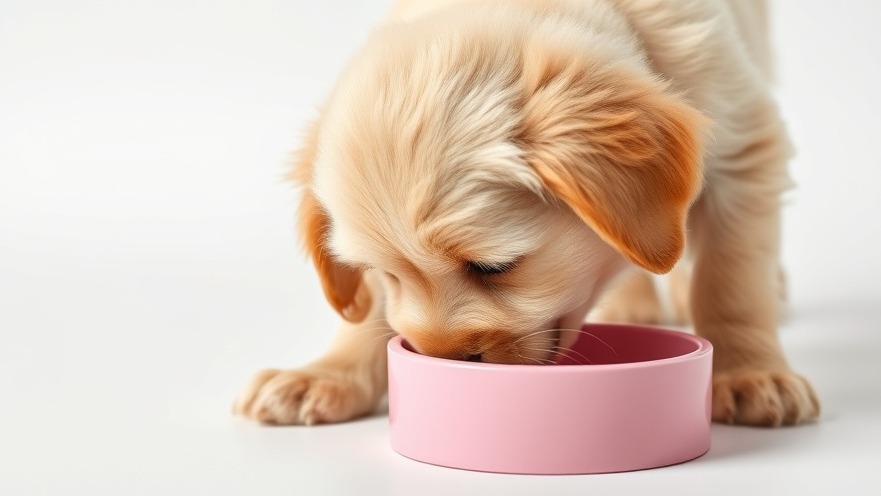
Understanding the Nutritional Value of Goat Milk
Goat milk has captivated many dog owners as a purported superfood, packed with vitamins, minerals, and probiotics beneficial for canine health. Rich in calcium and phosphorus, goat milk provides essential nutrients for dogs. However, as with any new food, it’s crucial to delve into its comprehensive nutritional profile before introducing it into your dog’s diet.
Why Adult Dogs Struggle with Dairy
While puppies can easily digest their mother’s milk, adult dogs face more challenges. The enzyme lactase, essential for breaking down lactose, diminishes after weaning, leading to lactose intolerance in many adult dogs. Even though goat milk is often marketed as easier to digest than cow’s milk due to its slightly lower lactose content, it can still cause digestive distress for many furry companions.
The Lactose Content Myth: Goat vs. Cow's Milk
Many believe that goat milk’s slightly reduced lactose level (4.2% compared to cow's milk's 4.8%) grants it an easier digestibility. However, with canines producing only about 2.7% to 3.9% lactose in their natural milk, any dairy, including goat milk, could upset their stomach if consumed in excessive amounts. It’s crucial to introduce goat milk in small doses and monitor your dog for adverse reactions.
Signs of Lactose Intolerance in Dogs
Be attentive to your dog's reactions when trying goat milk. Signs of lactose intolerance can include gas, bloating, diarrhea, and even vomiting. If you notice any of these symptoms following your dog's consumption of goat milk, it’s best to discontinue feeding it or consult your veterinarian for further guidance. Keeping a close eye on your pooch can prevent further discomfort.
Alternative Dairy Options for Sensitive Dogs
For those looking to explore dairy alternatives, consider lactose-free options specifically designed for dogs. Brands now offer dog-friendly milk alternatives that mimic the taste and texture without the harmful lactose. This could be a suitable choice if you know your dog has a sensitive stomach but still wants a delicious treat.
What to Know Before Sharing Goat Milk with Your Dog
Before introducing goat milk or any new food, consult with your veterinarian to ensure it fits into your dog’s specific dietary needs. It’s essential to consider age, breed, health conditions, and typical dietary requirements. A vet can provide tailored advice, ensuring that any food you introduce fosters your dog’s health rather than hindering it.
Embracing Variety in Your Dog's Diet
Diversity in your dog’s diet can enhance their health, offering a range of nutrients. Explore different nutritious options alongside goat milk, such as vegetables, fruits, and formulated dog foods. Remember to introduce new foods gradually to allow your dog’s digestive system to adapt.
Final Thoughts on Goat Milk for Dogs
In summary, while goat milk can be a beneficial addition to some dogs’ diets, it must be approached with caution and respect for each pet's unique health requirements. Paying attention to your dog’s well-being and adjusting their diet accordingly ensures a happy and healthy life. Share your experiences or bring up any questions with your vet to enhance your furry friend's nutrition.
Take the time to ensure your dog’s meals are well-rounded and aligned with their health needs. Each decision in their diet contributes to their overall wellness and happiness.
 Add Row
Add Row  Add
Add 




Write A Comment